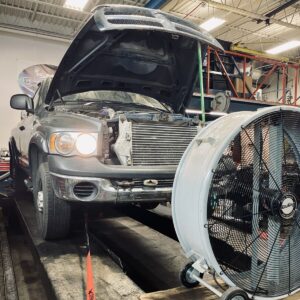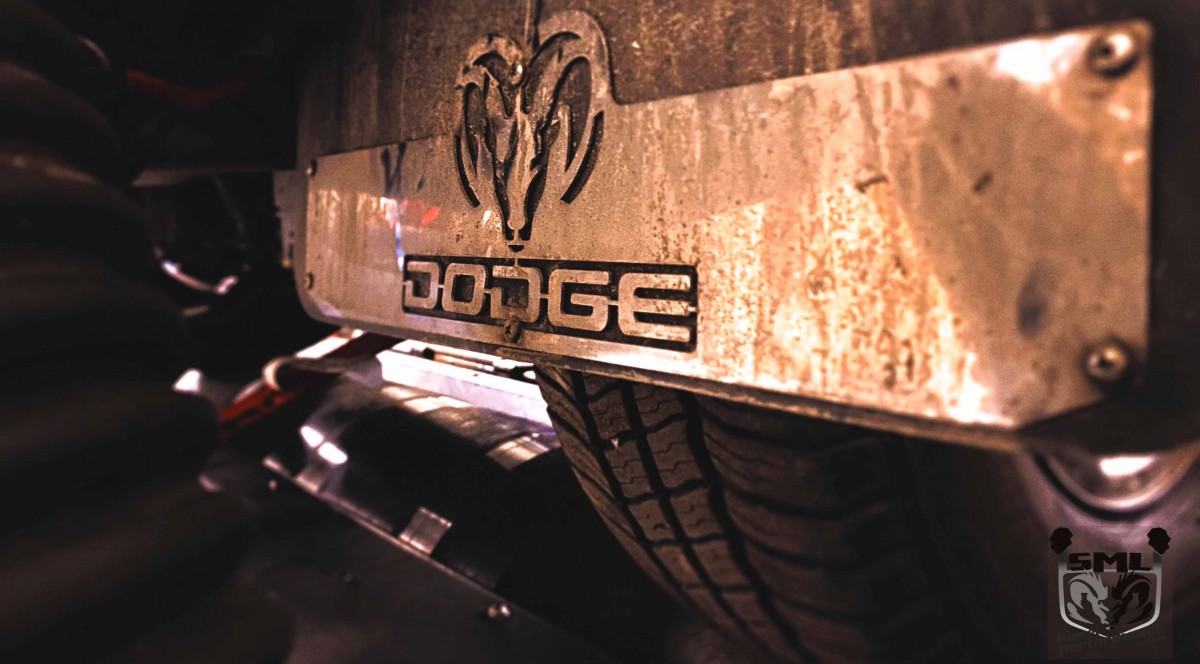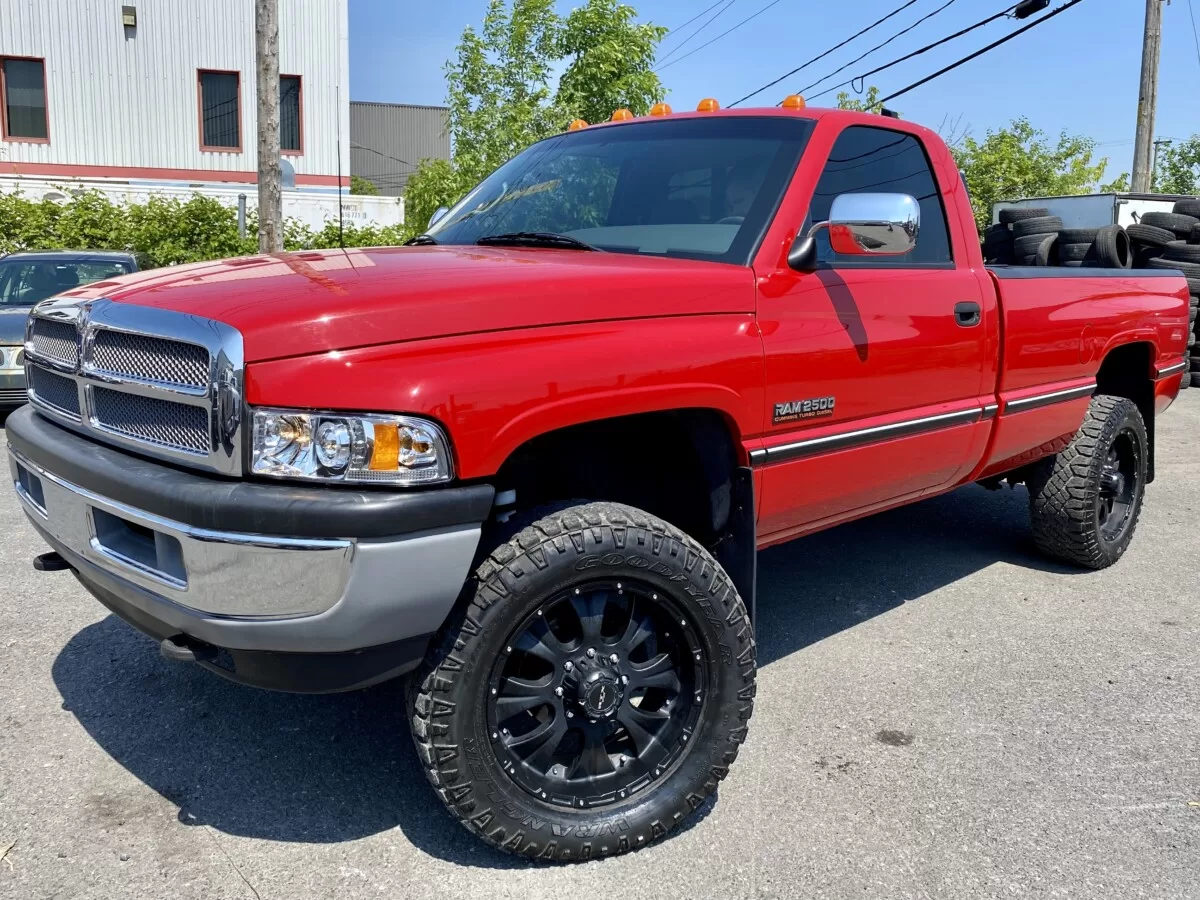5 TIPS FOR YOUR DYNO SESSION
Show up with a full tank of diesel.

It’s not a good idea to show up with the light on. Tuning can take a long time to adjust and can burn 20 to 80 liters of fuel, depending on how long your truck spends on the dynamometer. Whether it’s for diagnostic, performance testing or a performance tune, your truck is going to need fuel.
Make sure your engine is Dyno ready.
Testing your truck on the dyno will put your engine under the same kind of stress it would experience on a racetrack. You wouldn’t head for the track without making sure your fluids are level, and the same goes for a dyno session. At a minimum, you want to check your fluid levels and also check the condition of your belt. If your truck has a manual transmission, you will also need a healthy, non-slip clutch.


Don’t bring a bomb to our garage!
While a dynamometer is not going to put more stress on your engine than running it at full throttle on the road, if your engine is leaking oil, smokes heavily from the exhaust, is expelling water, or is in poor health, your dyno session is unlikely to end well. If you know your engine is not healthy, it will be cheaper to fix it before you end up with a hole in the block!
Fix your oil leaks.

Cleaning the dynamometer isn’t fun and if you want to keep your technician smiling and minimize your bill, preventing your truck from messing up the ground is a great place to start. If your engine looks like some kind of internal combustion sprinkler system, get it fixed before heading to the dyno.
Make sure your expectations are realistic
You’ve probably heard stories where the dyno blows up the engine? Well sometimes, despite the best efforts of everyone involved, things can go wrong. Who is to blame when this happens? This is a tricky question that unfortunately comes up from time to time, and it is important that your expectations are clear from the start.
You should be able to expect a professional technician to make sure that conditions are ideal for the safety of your engine. However, if you are looking for tremendous power beyond the factory limits, some mechanical parts may not be able to withstand your demands. Plus, if your engine is just plain worn out or already damaged, things can go wrong.


Whether you’re trying to break world records or flatter your ego, you have to accept that things can go wrong. If, on the other hand, blowing your engine would ruin your day or ruin your bank account, let our technician know, so he can give himself an appropriate margin of safety. We hope these few tips have dispelled some myths about dynos and provided you with valuable information for your next dyno session.

